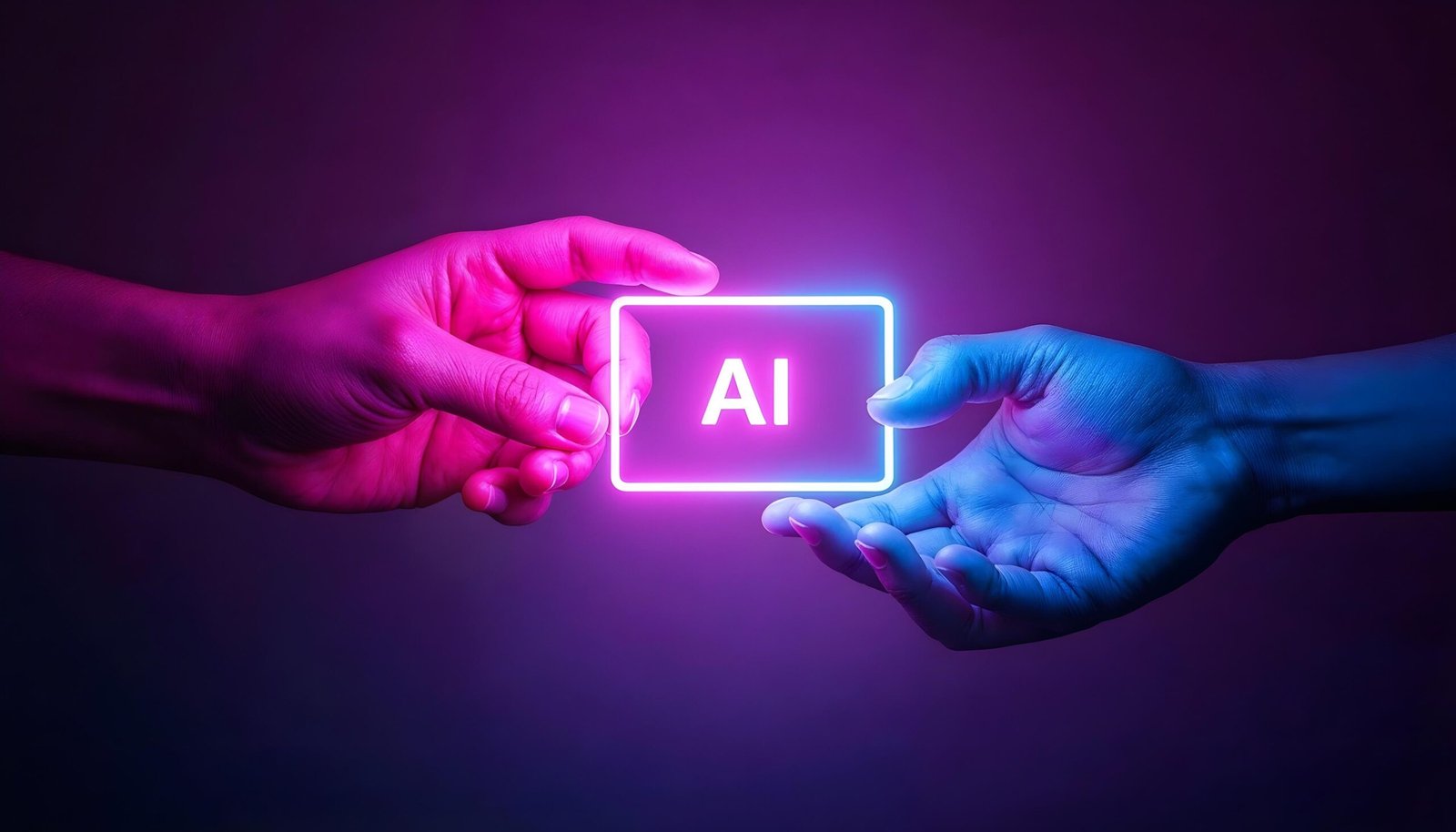The Role of Generative AI in Marketing
Artificial intelligence is changing how businesses engage in marketing, making content smarter and more personalised. Since more advanced AI tools are launching on digital channels, marketing groups can use data-driven strategies to connect with their customers better. With AI, marketing is improved in efficiency without creating a lesser audience connection.
Technological advancement today enable companies to communicate with people more individually and on a larger scale than ever by using customised content. Instead of bulk campaigns, AI helps with customised, applicable, and appealing messages. Technology is no longer just automation today—it’s all about making impactful connections at an unimaginable scale.
Generative AI to Develop Marketing Content
Current technology behind generative AI affects every aspect of how companies develop marketing materials. AI-based systems allow marketers to directly produce content, such as effective ads and text alongside social media and blog material. These systems analyse all available data to learn how audiences respond to content before producing new work to please the desired audience.
The visual segment of business sees important AI changes in marketing asset development and enhancement. The technology produces branded multimedia items that follow company design standards but keep new creative ideas flowing. Actual marketing adjustments now enhance performance because AI systems scan performance readings to improve audience participation and drive more sales.
Industry-Specific Use Cases of AI in Marketing
Artificial intelligence is revolutionising marketing across industries, with each sector utilising AI tools to address its unique challenges.
Retail & Luxury
Retail businesses implement AI recommendation engines that accurately analyze customer behavior to suggest relevant products. Virtual shopping assistants guide customers through purchasing decisions, answering product questions and offering comparisons. These technologies have helped retailers increase conversion rates while providing personalised shopping experiences that maintain the premium feel with
Banking & Insurance
Financial institutions leverage AI to generate compliant reports, policy documents, and educational materials that adhere to regulatory requirements. AI chatbots handle routine customer inquiries about accounts and policies, detecting when to escalate complex issues to human representatives. Insurance companies use AI to create personalized policy explanations that improve customer understanding of financial products.
Manufacturing & Pharmaceuticals
Manufacturing and pharmaceutical companies employ AI to produce precise yet compelling technical documentation and case studies. B2B marketers create targeted content for different stakeholders in the purchasing process, from technical evaluators to financial decision-makers, ensuring consistent messaging adapted to each audience’s needs.
Food & Hospitality
Food and hospitality businesses analyse customer preferences with AI to deliver personalised experiences. Restaurant chains recommend menu items based on previous orders and dietary restrictions, while travel companies develop customised itineraries considering past travel patterns and preferences. These personalised recommendations increase average order values while enhancing customer satisfaction.
Regional Governments & NGOs
Public organizations use AI to develop communication strategies that resonate with diverse communities. These tools help create messaging that addresses the specific needs of different population segments while maintaining consistent core information. Government agencies ensure public information is accessible across various literacy levels and languages, improving critical information dissemination.
Ethical Considerations & Responsible AI Usage in Marketing
As AI systems become popular in this field, ethical values must guide marketing practices. Companies must protect against AI error patterns and verify all AI content production output.
Organisations should use AI automation tools and maintain regular human supervision to get the best results. AI works with human supervisors to deliver things faster with its strength while it guards against programmed content and human emotions in marketing activities.
The Future of Generative AI in Marketing
AI marketing will advance to new processing abilities in the future. New technology will help companies create complex content with greater individualisation. Organisations need to invest in AI systems and plan to use both technological improvements and their unique creative skills in marketing.

Conclusion
The modern marketing world depends heavily on Generative AI technology, allowing businesses to personalise marketing materials faster than ever. Businesses that use AI in marketing and follow ethical standards will build stronger market advantages. As AI technology develops, its marketing influence keeps rising, so businesses must support these new changes while still using AI responsibly.